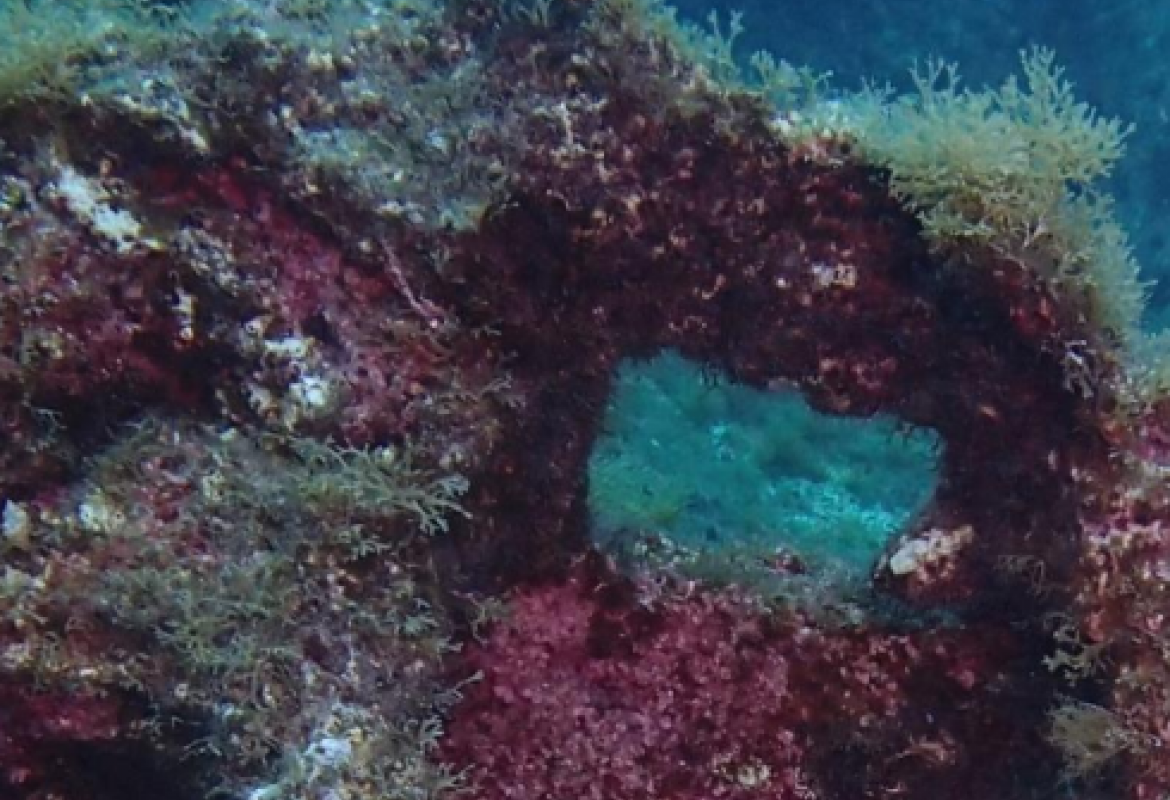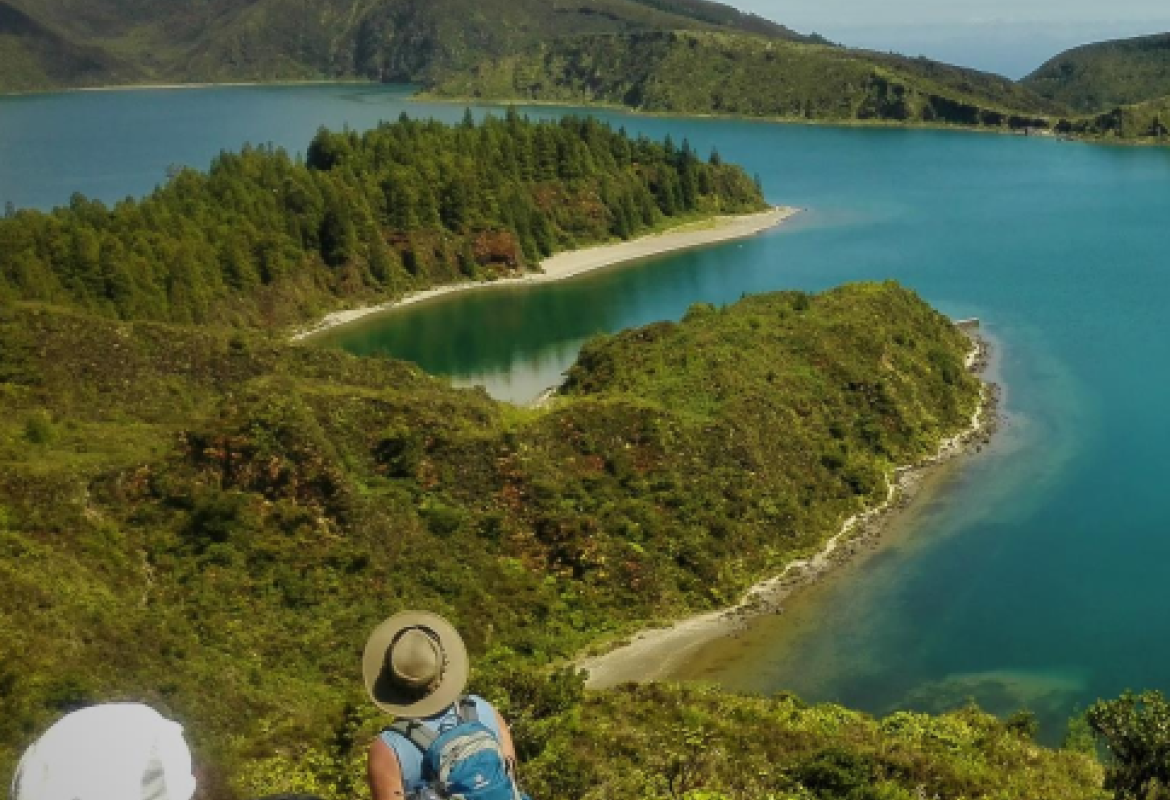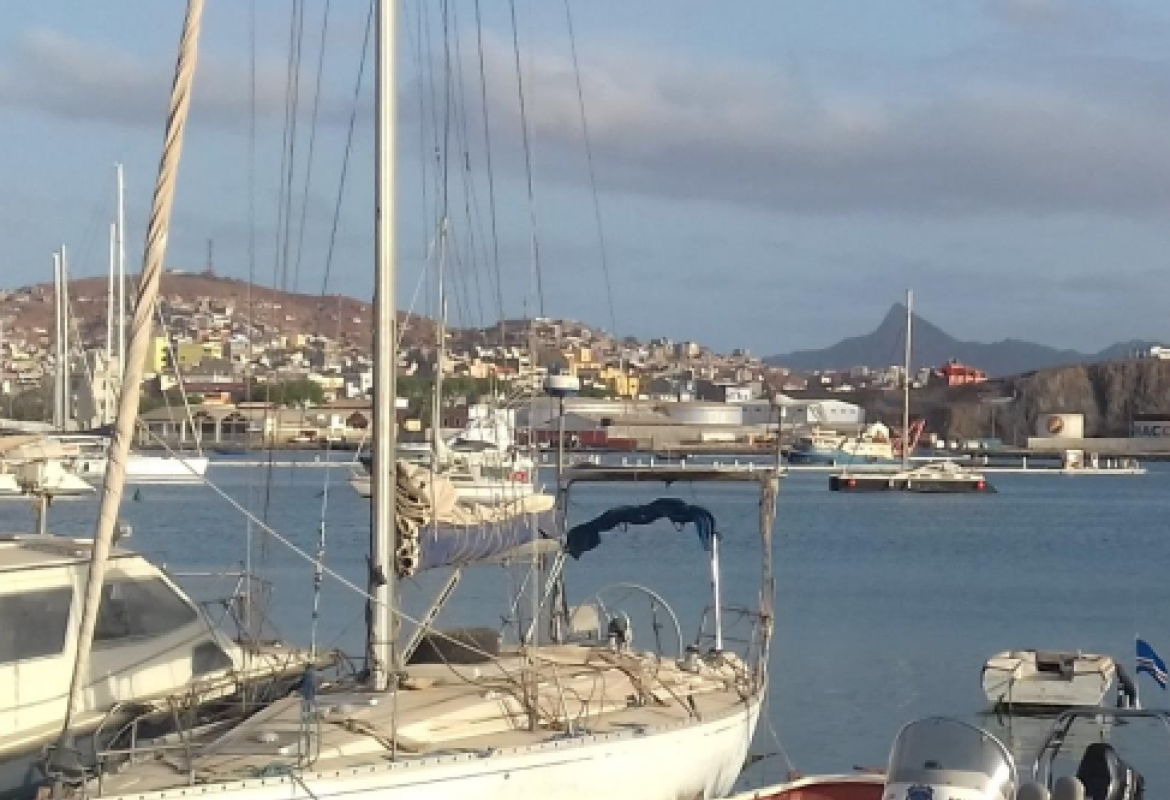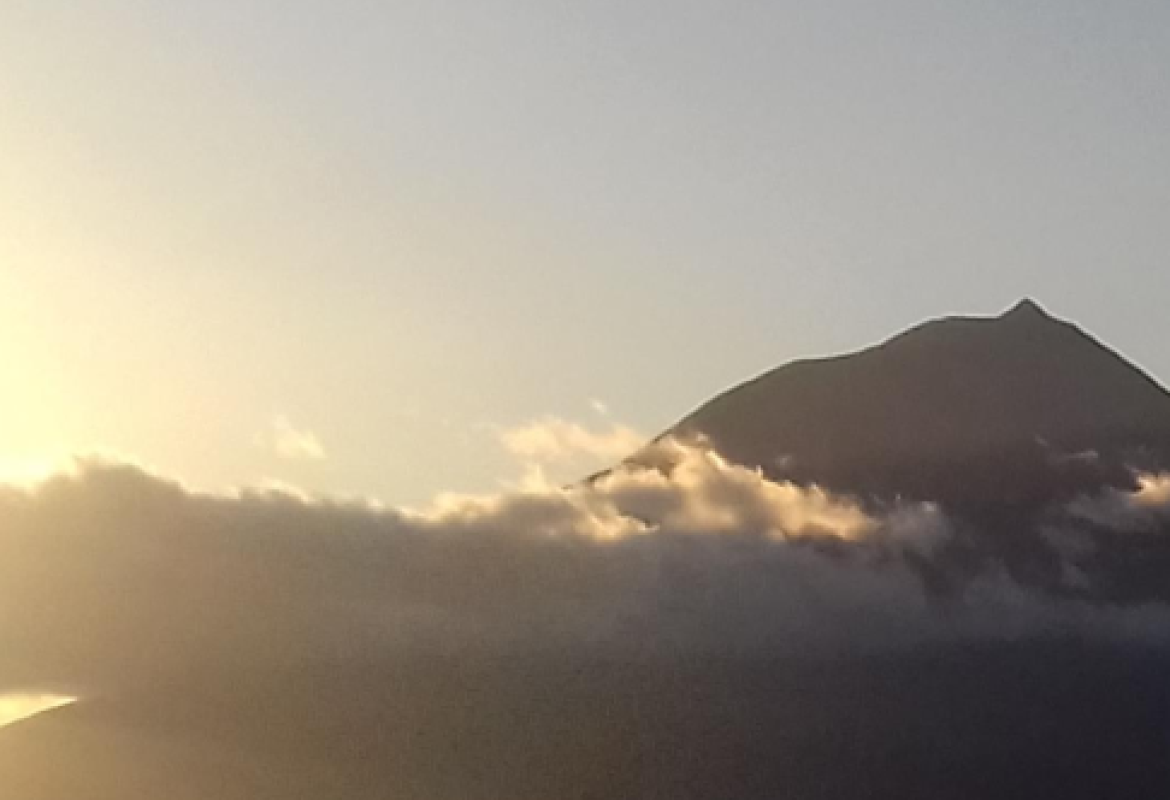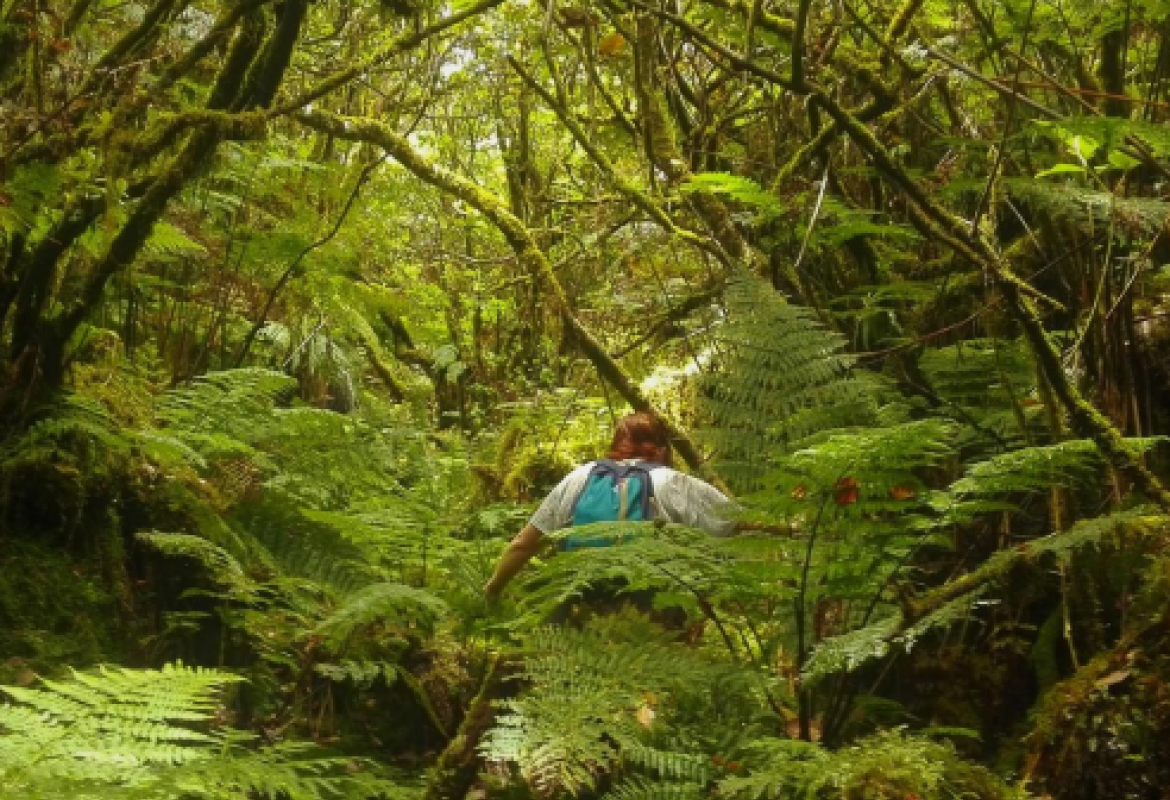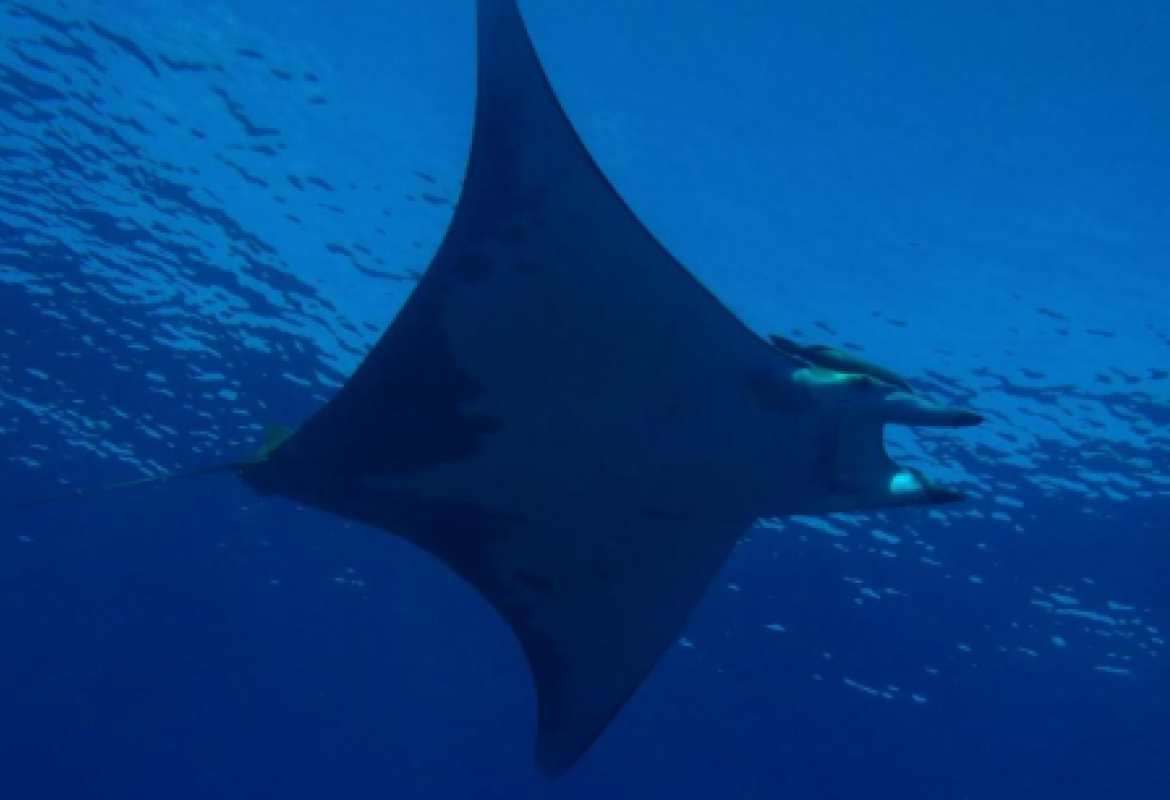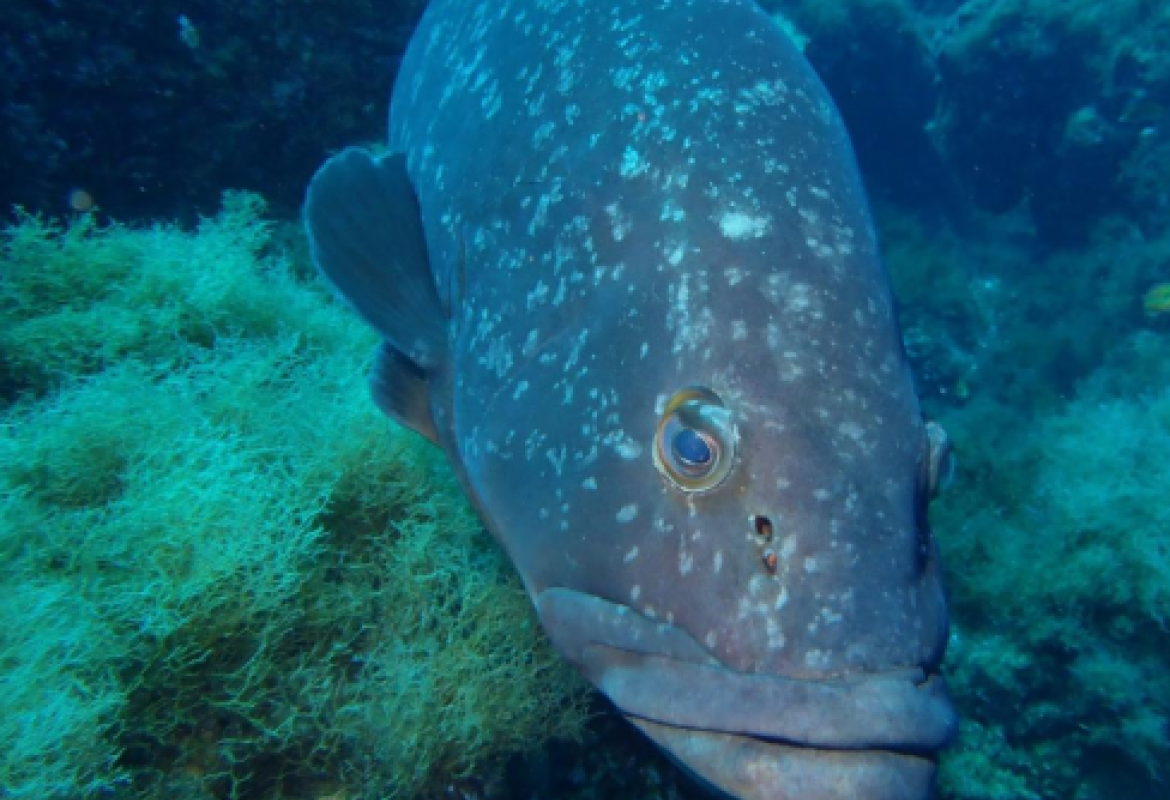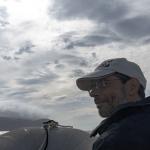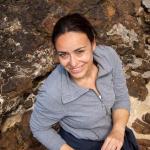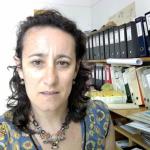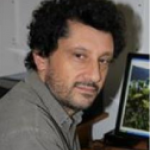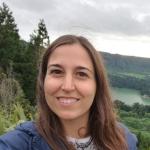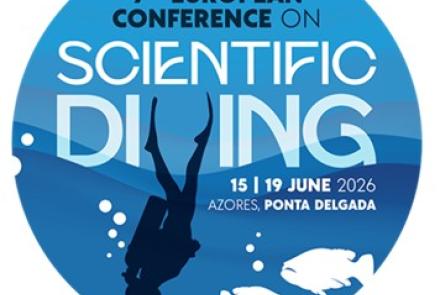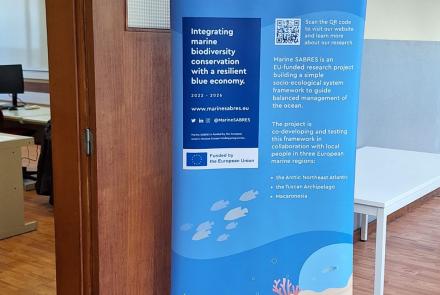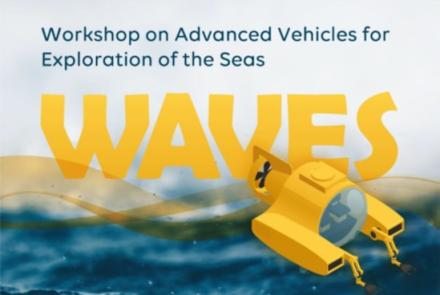NaTour - Planning and management of tourism in natural areas
In the last decade, the Azores archipelago turned from an almost unknown region to a highly awarded tourist destination. Furthermore, in April 2015 the local air space was opened to low cost flights, leading to an increase in the number of national and international arrivals. Cruise ships carrying thousands of tourists also arrive more frequently, mainly to Ponta Delgada harbour. The observed boom of tourists is recent in these islands but is already a fact in other neighbouring archipelagos. Thus, our research interests extend to the entire Macaronesian biogeographic region, which includes the EU’s outermost regions of the Azores, Madeira and the Canaries, as well as the African country of Cape Verde. In this context, we have already established recent contacts with Cape Verdean colleagues that might help develop joint research, within the frame of an ongoing H2020 project.
In general, we are dealing with small oceanic islands, dispersed throughout the North Atlantic Ocean, that need a particular care when it comes to planning and managing activities that take place within their natural habitats, in order to preserve local natural resources while promoting ecotourism, nature-based tourism and a high quality touristic offer. Islands are mostly wanted for their natural beauties, and tourism is quite important for the economy of small island states. For instance, in the Azores, the beautiful landscape and seascape are the main reasons for most of the tourists to visit the archipelago.
Thus, this group is built under the need to properly plan and manage tourist activities that take place within natural areas, both on land and at sea, harmonizing recreation and conservation, while minimizing possible impacts.
Our main goals are to:
- Study and value the nature-based tourism as a cultural service provided by the Macaronesian natural ecosystems;
- Analyse and explore the existing natural resources that form our biological and geological heritage, in order to promote them for sustainable tourist uses;
- Determine tourist carrying capacities in natural areas (e.g., in the existing trails) and help plan and develop new activities, routes and trails;
- Plan the design of sub-aquatic trails for a sustainable use of the maritime resources (e.g., seascape, biodiversity assets), by the local maritime-tourism enterprises;
- Study the potential to develop new forms of nature-based tourism to be implemented in the regions and analyse their economic revenue, without compromising the ecosystems’ conservation;
- Promote certification schemes that can help preserve the natural capital;
- Identify and develop management plans for certain terrestrial/marine species with conservation interests (e.g., umbrella or key species), that can in turn be used to promote local tourism;
- Analyse cultural ecosystem services to support decision-making.



